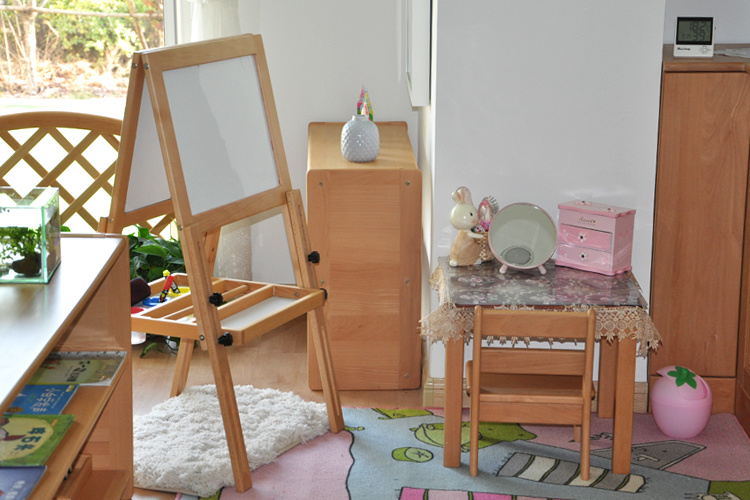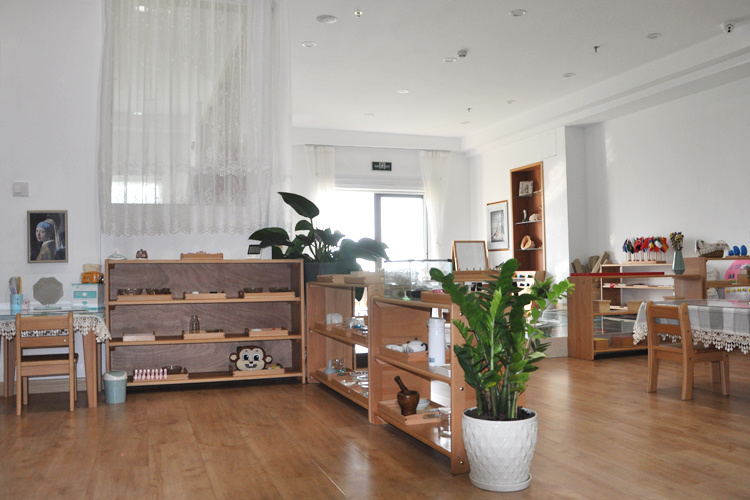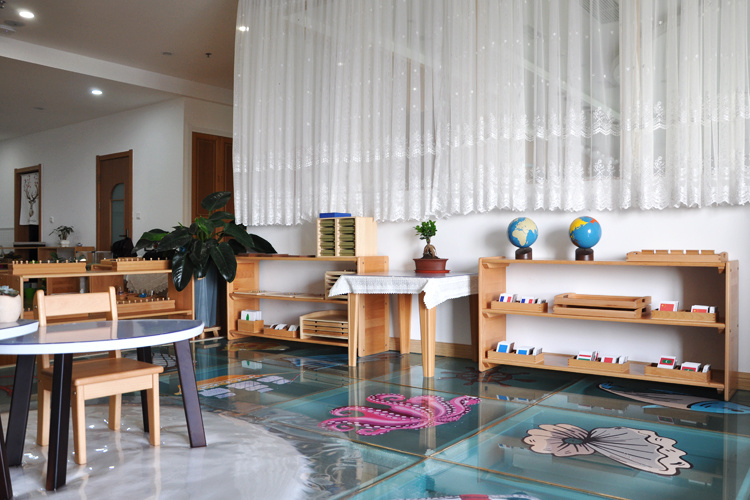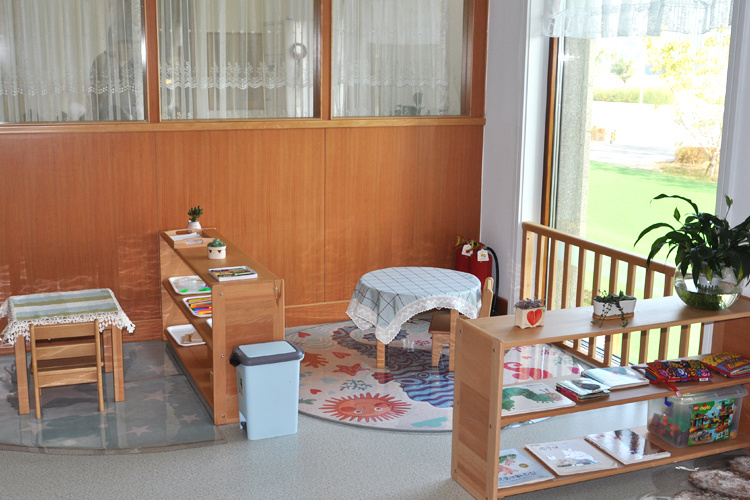Montessori or Traditional Kindergarten?
release time:
2023-03-30 16:22
source:
Montessori or Traditional Kindergarten?
When deciding on which type of kindergarten program is right for your child, it is important to consider the differences between Montessori and Traditional Kindergarten. Montessori programs emphasize independence, self-guided exploration, and respect for each individual's learning style. This type of program fosters an environment where children are encouraged to learn through discovery, experimentation, and problem solving. Traditional kindergartens focus more on memorization and rote learning, with a greater emphasis on teaching specific skills such as reading and math.

At a Montessori school, there is often less structure than in a traditional model; rather than being taught by one teacher in a classroom setting, students typically work individually or in small groups at their own pace. The curriculum is tailored to the individual's interests and learning style, allowing for more personalized instruction. In contrast, traditional kindergartens are more structured and have a set curriculum that focuses on specific skills such as reading, writing, math, etc.
Montessori schools also tend to focus on developing problem-solving skills in children which can help them later in life when faced with difficult decisions or problems. Traditional kindergartens may not offer this kind of education. It is important to weigh these factors when selecting a kindergarten program for your child so they can receive the best education possible. Ultimately, the decision is up to you and what works best for your particular situation. No matter which type of school you choose, both Montessori and traditional kindergartens offer a great foundation for your child's education and future success.

On top of the differences between Montessori and traditional kindergarten listed above, there are also other factors to consider when selecting a program. For example, it is important to research schools in your area to make sure that they have qualified teachers and staff, as well as a good curriculum that will give your child an appropriate level of academic challenge. Additionally, some parents may be interested in programs that combine aspects of both Montessori and traditional approaches. Ultimately, you want to find the best match for your family and child's needs so they can get off to a great start in their education journey!
Montessori is an educational philosophy that focuses on the individual needs of each student. Children who are best suited for a Montessori education are those who are eager to learn and thrive in an environment that emphasizes independence, self-direction, and communication with their peers. A Montessori classroom also allows students to explore their interests through hands-on activities and materials tailored to their learning level. The ideal student may be self-motivated, creative, or have a natural curiosity about the world around them. Parents should consider if their child is ready for such an environment before enrolling them in a Montessori school. Additionally, it’s important to make sure the school fits your family’s values and provides enough support for your child’s individual learning needs.

Research has shown that Montessori education is highly effective for many students, especially those who need an engaging and tailored learning experience. It can help children develop their problem-solving skills, independent thinking and decision making, social interaction with peers, self-discipline and concentration on challenging tasks. Additionally, students are given the opportunity to explore their own interests in a low-risk environment where mistakes are expected and encouraged as part of the learning process. This open-ended approach allows them to discover new potential areas of interest while honing already existing ones.
Montessori education emphasizes respect for each individual student's development journey by providing a supportive atmosphere that encourages exploration and discovery. It also promotes collaboration between students and teachers, allowing for a more personalized learning experience which can help build confidence in young learners. The Montessori curriculum is designed to engage children on multiple levels while encouraging creativity, problem solving skills and independence. Ultimately, the goal is to equip students with the tools they need to succeed in their future education endeavors.

At its core, Montessori education is all about empowering each student’s growth through a safe and supportive environment. With the right school and teacher that can provide a tailored learning experience, children can benefit greatly from the Montessori method and develop into capable, curious individuals ready to take on whatever challenges life has in store for them.
Montessori Educational,Montessori School,Montessori Kindergarten




